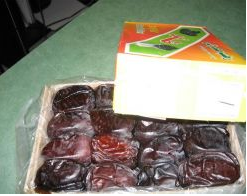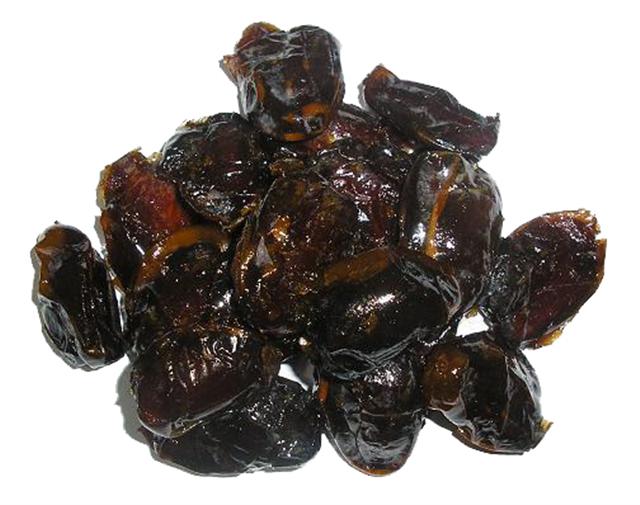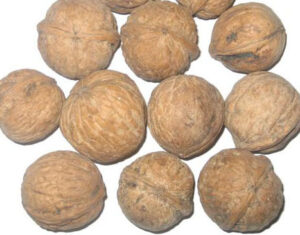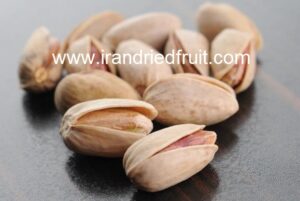A Guide to Tapping into a Growing Market
India is one of the world’s largest importers of dates, with a high demand for this nutritious and versatile fruit across regions. Exporting dates to India can be highly profitable for growers and suppliers, especially given the country’s diverse consumer base and growing market for premium dates. In this guide, we’ll cover the essentials of exporting dates to India, including market demand, types of dates in demand, legal requirements, and key tips for a successful export strategy.

Understanding the Demand for Dates in India
Dates are a staple in Indian diets and have a cultural and religious significance, particularly during festivals like Ramadan. In addition to the local production of dates, India imports large quantities of dates from countries like Iran, Saudi Arabia, Iraq, and the UAE to meet the high consumer demand. India’s rising middle class and increased awareness of health benefits have driven demand for premium and organic varieties of dates as well.
Types of Dates Popular in the Indian Market
Indian consumers show a preference for certain types of dates, with high demand for both affordable and premium varieties.
- Popular Varieties: Medjool, Deglet Noor, and Ajwa dates are highly sought after for their rich taste and larger size. Mid-range dates like Khudri, Zahidi, and Sayer are also popular due to their affordability and availability.
- Organic Dates: India’s health-conscious market segments have created a demand for organic and pesticide-free dates.
- Processed Dates: There is also a growing market for date-based products like date syrup, date paste, and stuffed dates for those seeking ready-to-eat options.
Export Regulations and Requirements for Dates in India
Exporting dates to India require adherence to the country’s import regulations, which are overseen by the Food Safety and Standards Authority of India (FSSAI) and the Directorate General of Foreign Trade (DGFT). Understanding these requirements can streamline the export process and ensure compliance.
Key Documentation for Exporting Dates
To successfully export dates to India, you will need specific documentation to meet regulatory standards:
- FSSAI License: Importers must register with the FSSAI, which enforces food safety standards for all edible imports.
- Certificate of Origin: This document certifies the country of origin and is often required by customs for tariff considerations.
- Phytosanitary Certificate: Issued by a government authority in the exporting country, this certifies that the dates are free from pests and meet health standards.
- Commercial Invoice and Packing List: These documents provide details about the contents of the shipment, ensuring transparency and efficiency during customs clearance.
- Bill of Lading or Airway Bill: This shipping document provides evidence of the shipment’s transportation details.
It is crucial to work with local agents or consult India’s customs authorities to ensure all regulatory requirements are met for the smooth import and distribution of dates.
Packaging and Labeling Requirements for Exporting Dates to India
India has specific packaging and labeling requirements, which are essential to meet FSSAI standards and appeal to Indian consumers:
- Labeling Requirements: Labels should include the product name, ingredients, nutritional facts, country of origin, manufacturing and expiry dates, and importer details in English or Hindi.
- Packaging Standards: Dates should be packaged in food-grade, tamper-proof materials to maintain freshness. Vacuum-sealed packaging is a popular choice as it extends shelf life and protects the product during transit.
- Temperature Control: Given India’s warm climate, it is advisable to use temperature-controlled storage or insulated packaging to prevent dates from perishing.
Tips for Successfully Exporting Dates to India
The Indian market offers lucrative opportunities for date exporters, especially those who prioritize quality and build strong relationships with local distributors. Here are some tips to increase your success:
Partner with Indian Distributors
Building a reliable distribution network is crucial to reaching India’s diverse and widespread consumer base. Partner with local distributors who have established relationships with retail stores, supermarkets, and online grocery platforms. This will help facilitate market entry and ensure efficient distribution.
Leverage India’s E-commerce Market
India’s e-commerce market has seen exponential growth, with many consumers purchasing dates and other specialty foods online. Partnering with e-commerce giants like Amazon India, BigBasket, and Flipkart can expand your reach and make your product available to consumers nationwide.
Highlight Quality and Health Benefits
Indian consumers are increasingly health-conscious, making it essential to highlight the nutritional and health benefits of dates. Use packaging and marketing materials that emphasize dates’ high fiber, vitamin, and mineral content, as well as their antioxidant properties. Promoting premium and organic varieties can also attract health-conscious buyers willing to pay for high-quality products.



